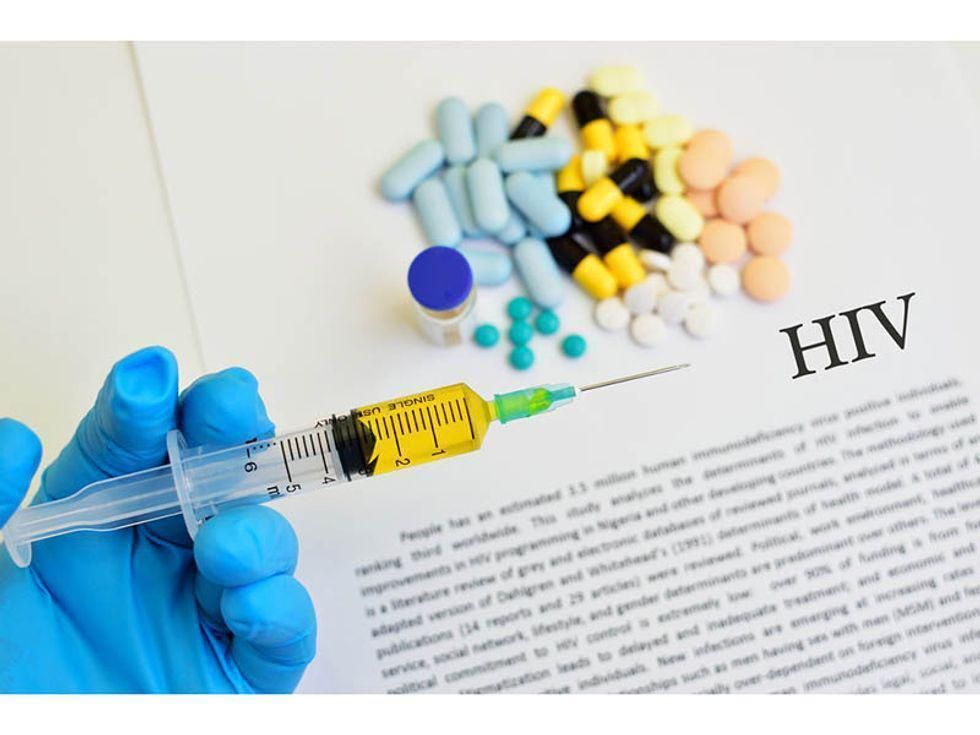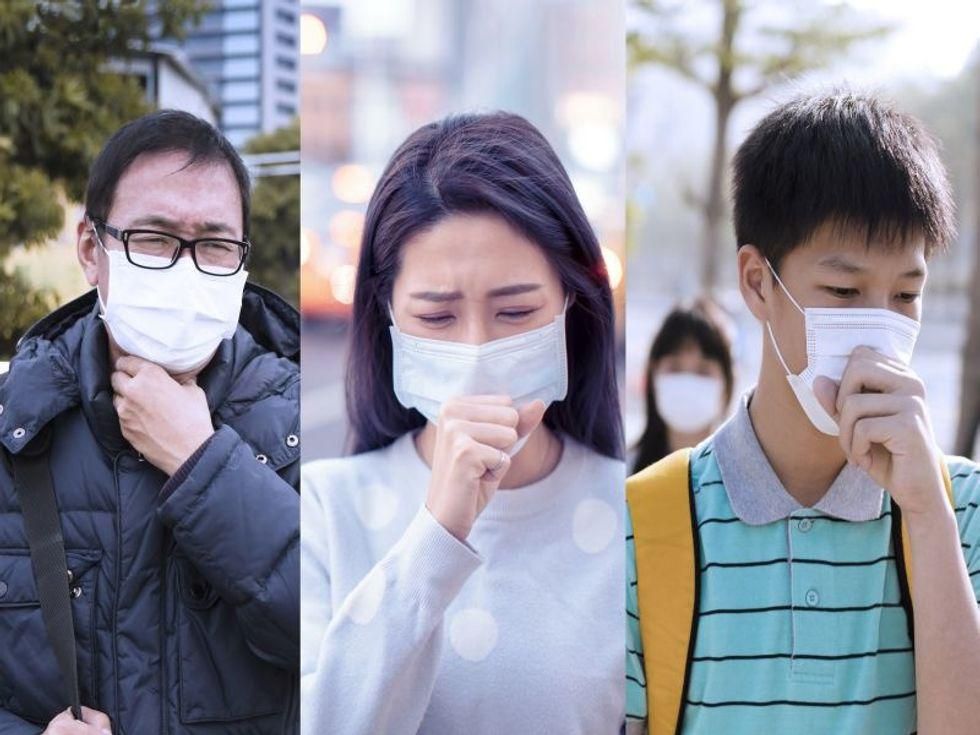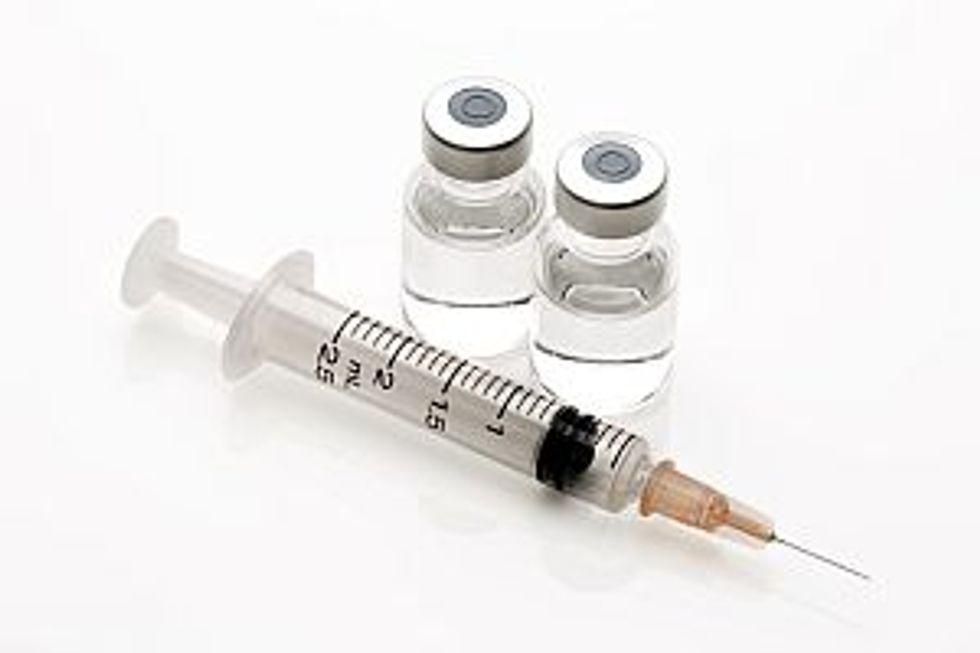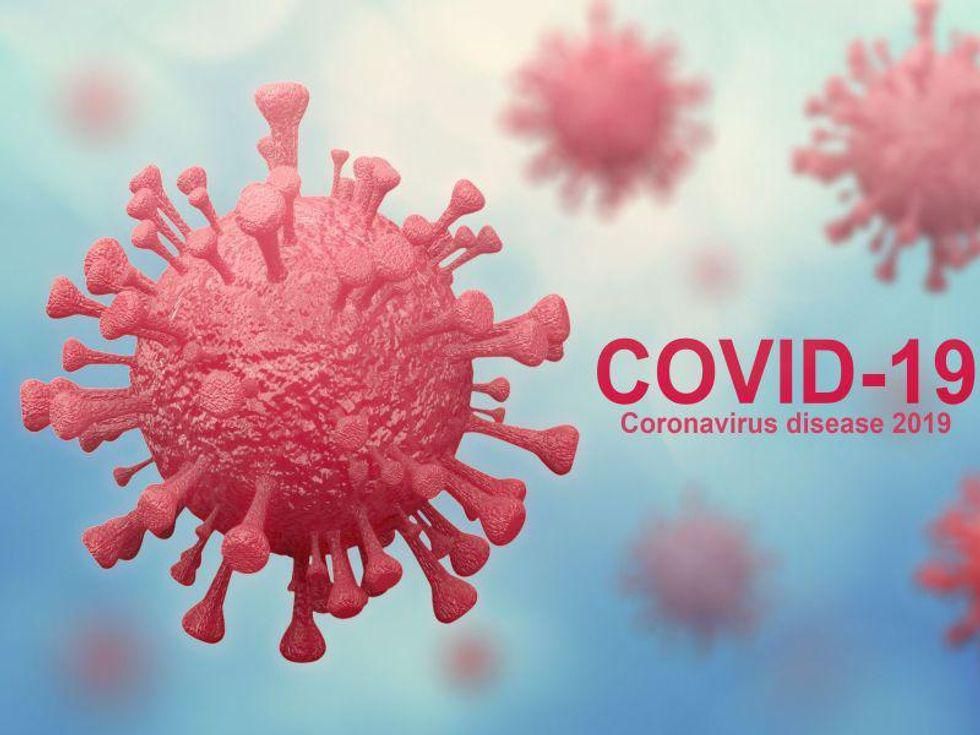
Scientists suspect that a century-old tuberculosis vaccine might be able to protect older adults against the worst ravages of COVID-19. The Bacillus Calmette-Guérin (BCG) vaccine was first used in 1921, and is on the World Health Organization’s list of essential medicines. More than 130 million babies worldwide receive this vaccine every year. But it is… read on > read on >






























